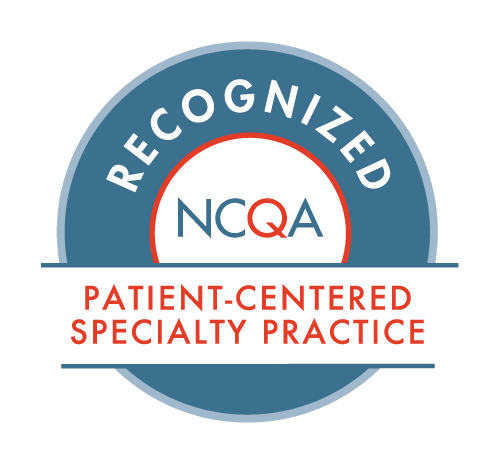How Stress Affects Your Heart Health
- Posted on: Jul 19 2023
Stress is a normal part of life that is guaranteed to happen from time to time. However, chronic stress—ongoing stress lasting for several weeks or months—can damage your heart and increase your risk for heart attack, arrhythmia, and stroke.
Being aware of the effects of stress on your heart can guide you toward making healthy lifestyle choices that ultimately allow you to effectively reduce, manage, and avoid stress.
Here’s a closer look at how stress affects your heart health and how to contact Hunterdon Cardiovascular Associates if you need treatment for a heart condition.
How Does Stress Affect the Heart?
At times you’re stressed, your body releases higher amounts of “fight-or-flight” hormones called cortisol, adrenaline, and norepinephrine. These three hormones work together to produce a series of actions that help your body deal with the stressful event. Adrenaline and norepinephrine increase your heart rate, while cortisol narrows your arteries.
After the stressful moment has passed, your levels of these hormones balance out, and your bodily functions return to normal. However, stress that lasts for longer than several days or weeks can lead to chronically elevated levels of fight-or-flight hormones, which can damage the heart and contribute to heart disease.
How Does the Body Respond To Stress?
Stress affects your entire body—not just the heart. It increases your breathing, slows digestion, and causes muscle tension.
Regarding how stress affects the heart specifically, here’s the difference between the effects of acute stress and chronic stress.
Acute Stress
Acute stress, which is short-term stress, causes a faster heart rate and stronger heart muscle contractions. The blood vessels to your heart dilate to increase your blood pressure and the amount of blood pumped to your heart and other large muscles. Your body returns to its normal state after the stressful episode has ended.
Chronic Stress
Chronic stress causes your heart rate and blood pressure to stay elevated long-term. This increases your risk for high blood pressure, heart attack, and stroke. Chronic stress also contributes to inflammation in your circulatory system—including in the coronary arteries—which further contributes to the risk for a heart attack. High cholesterol is also linked to chronic stress.
Helpful Tips for Avoiding Stress
Though stress isn’t always avoidable, there are effective ways to manage it as best as possible to maintain good overall heart health.
Ways to reduce stress include:
- Exercising regularly
- Getting plenty of quality sleep
- Building a strong support network of friends and family
- Seeking treatment for anxiety or depression
- Practicing deep breathing or mindfulness meditation
Hunterdon Cardiovascular Associates is committed to providing the highest quality of care in a patient-centered environment. Our offices are conveniently located in Flemington, Clinton, and Bridgewater. We have subspecialty offices available to ensure our patients receive the proper care for their condition. Contact HCA today at (908) 788-1710 to make an appointment with one of our cardiologists.
Posted in: Cardiovascular Diseases



